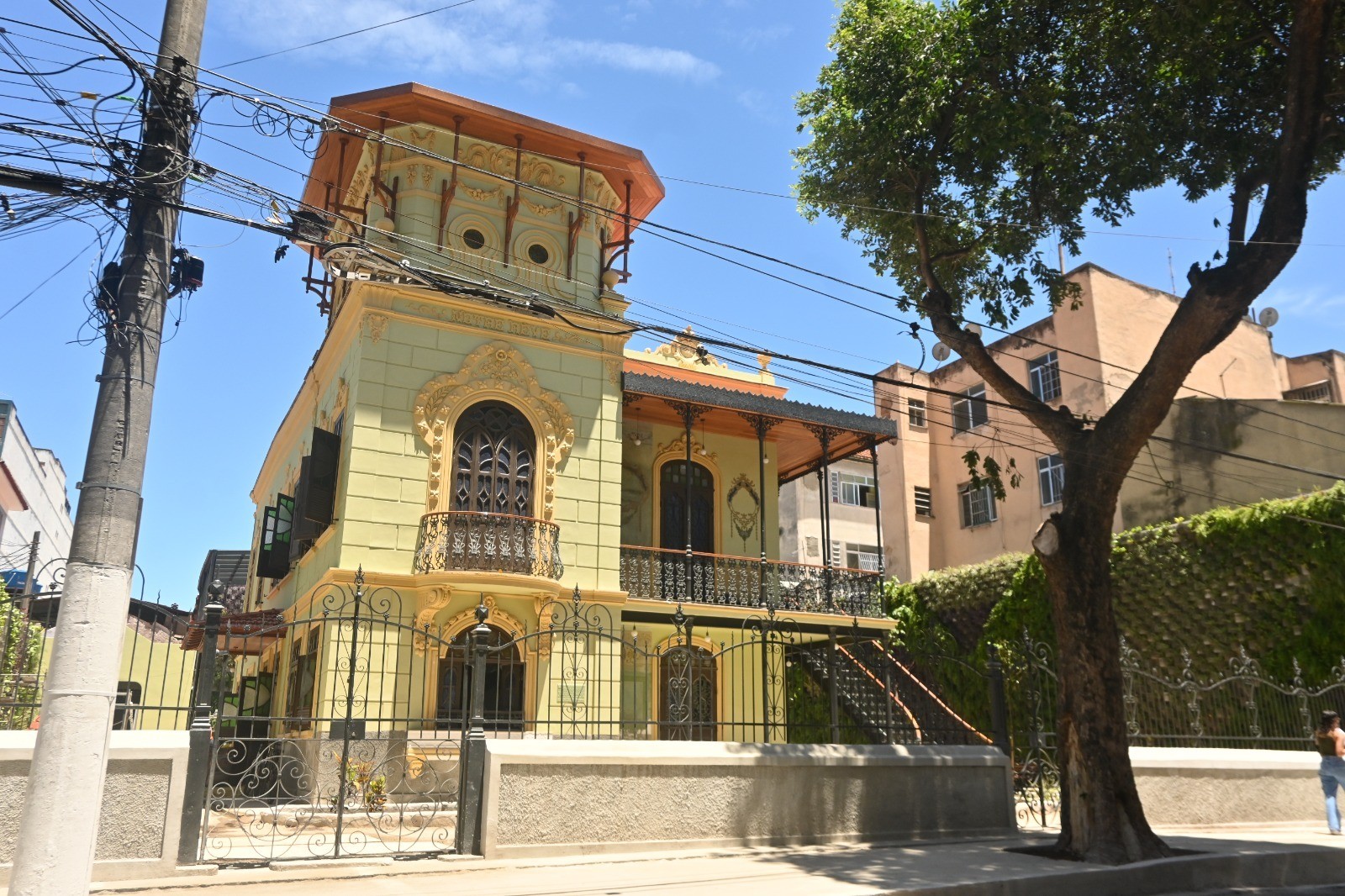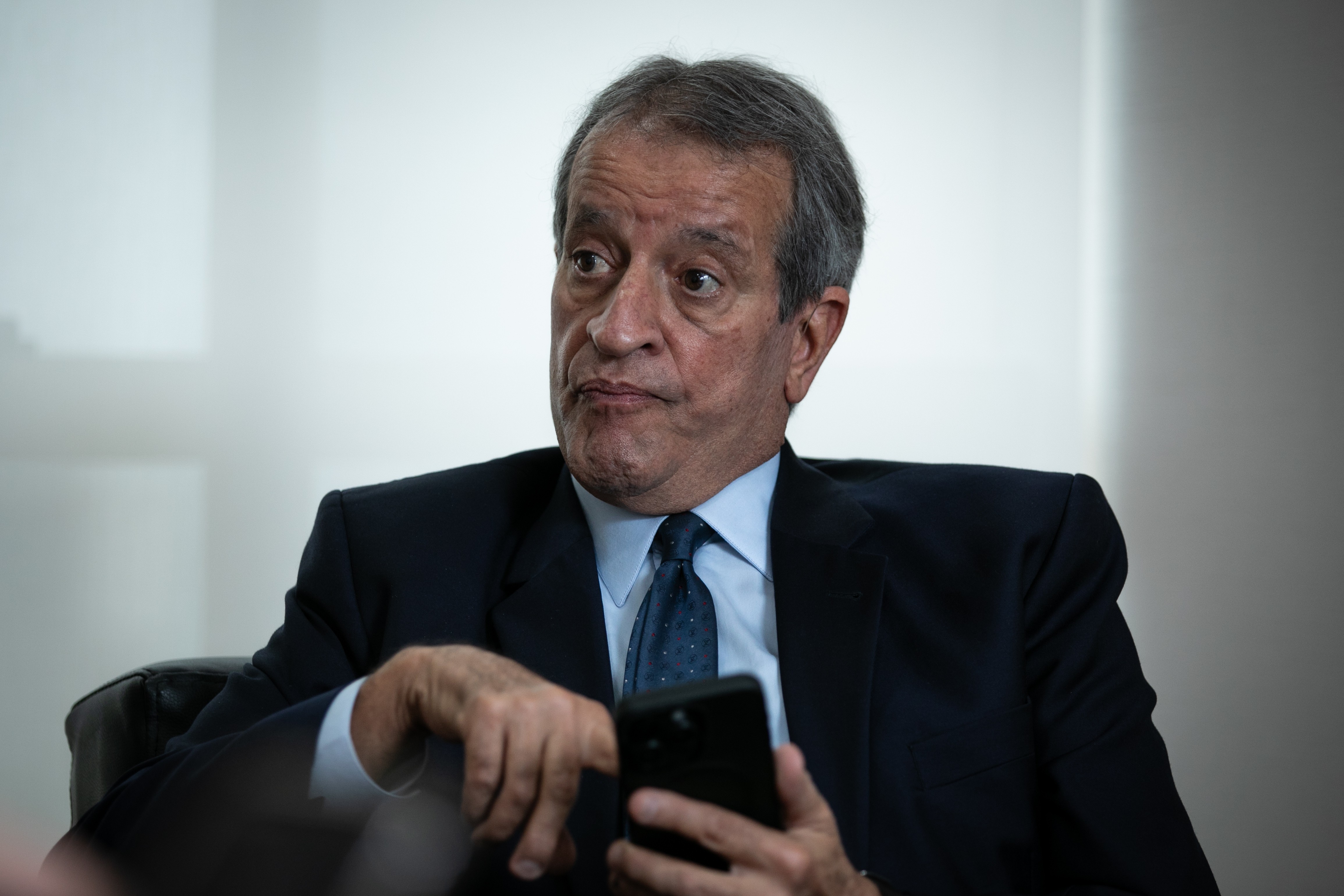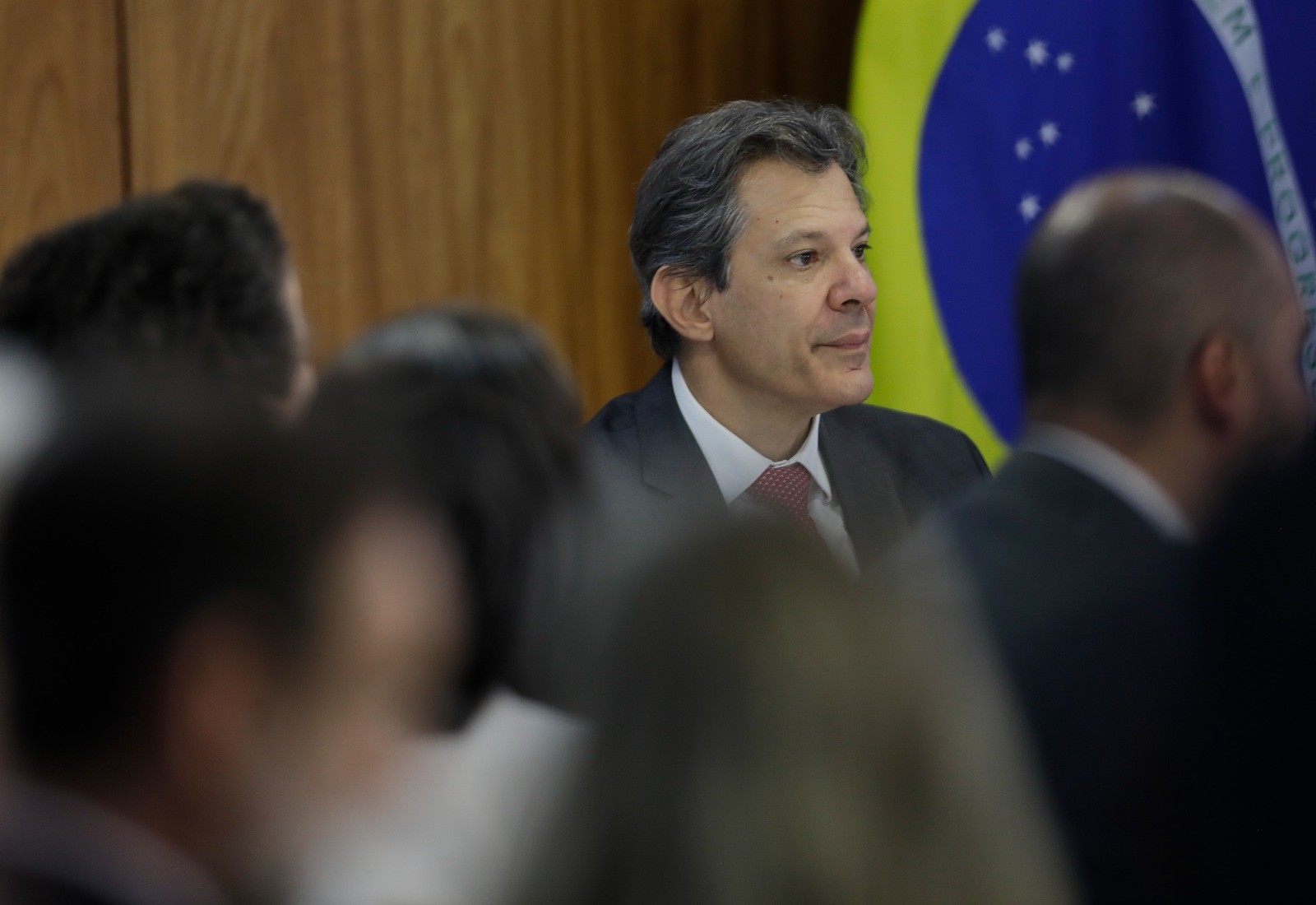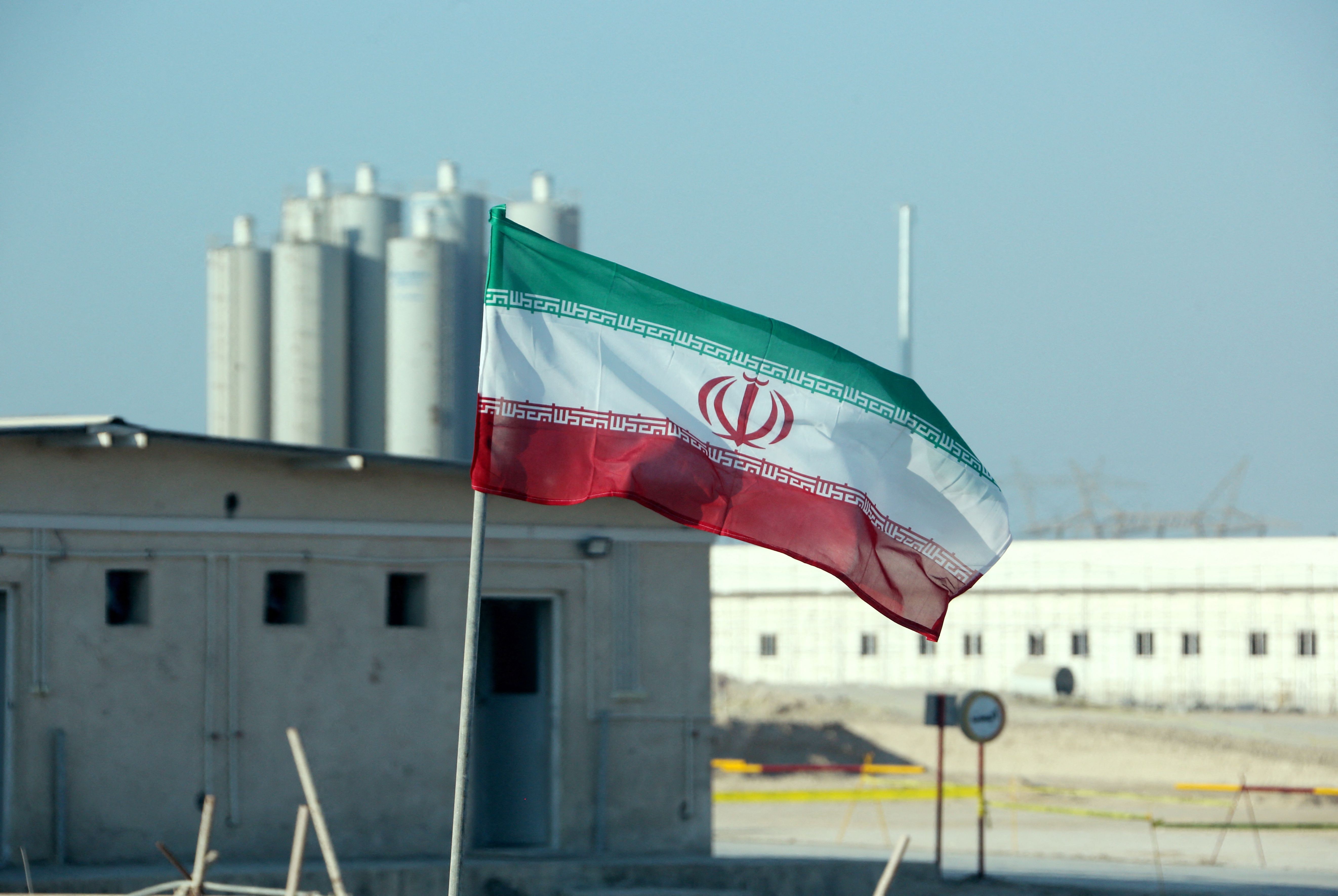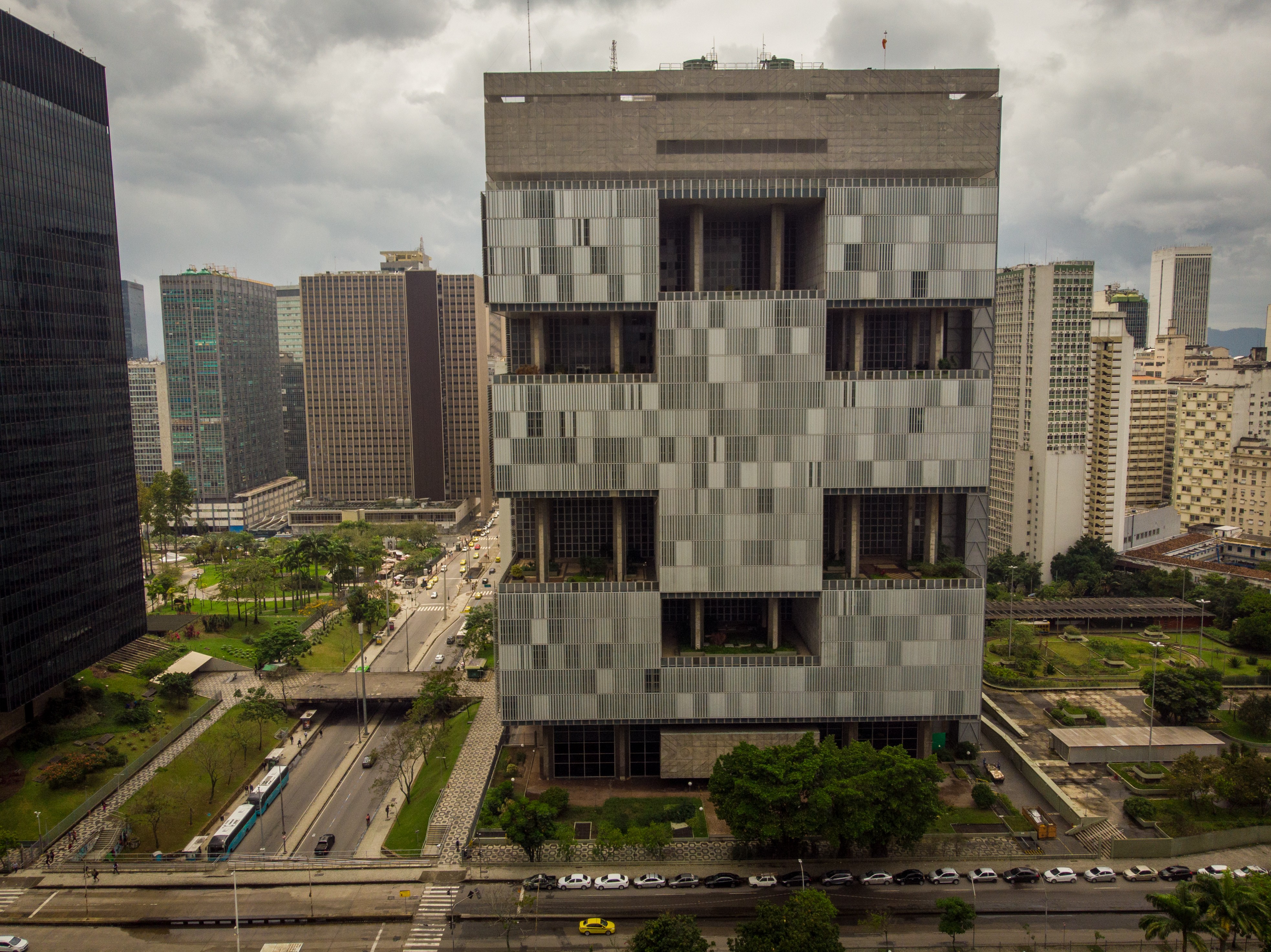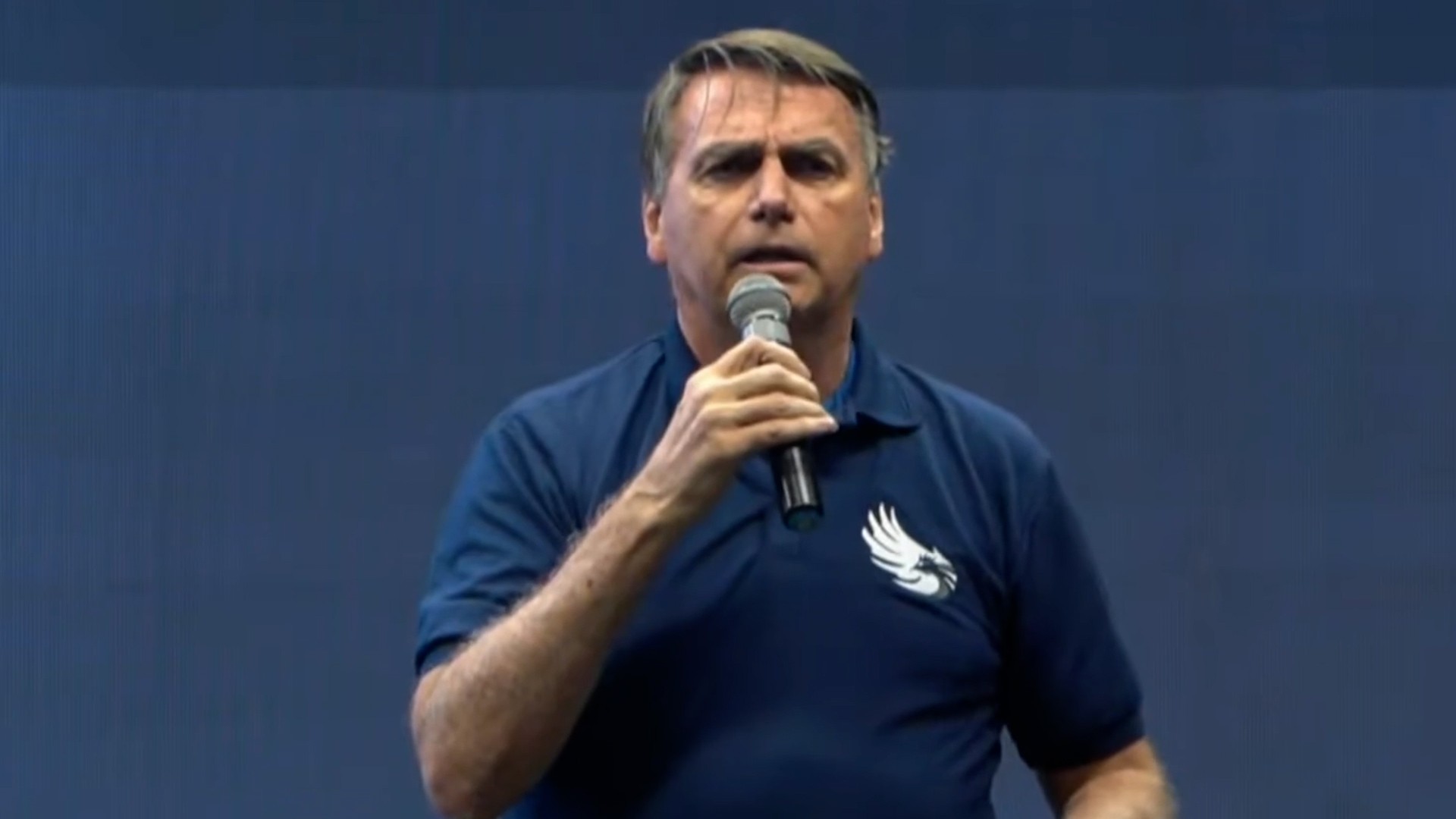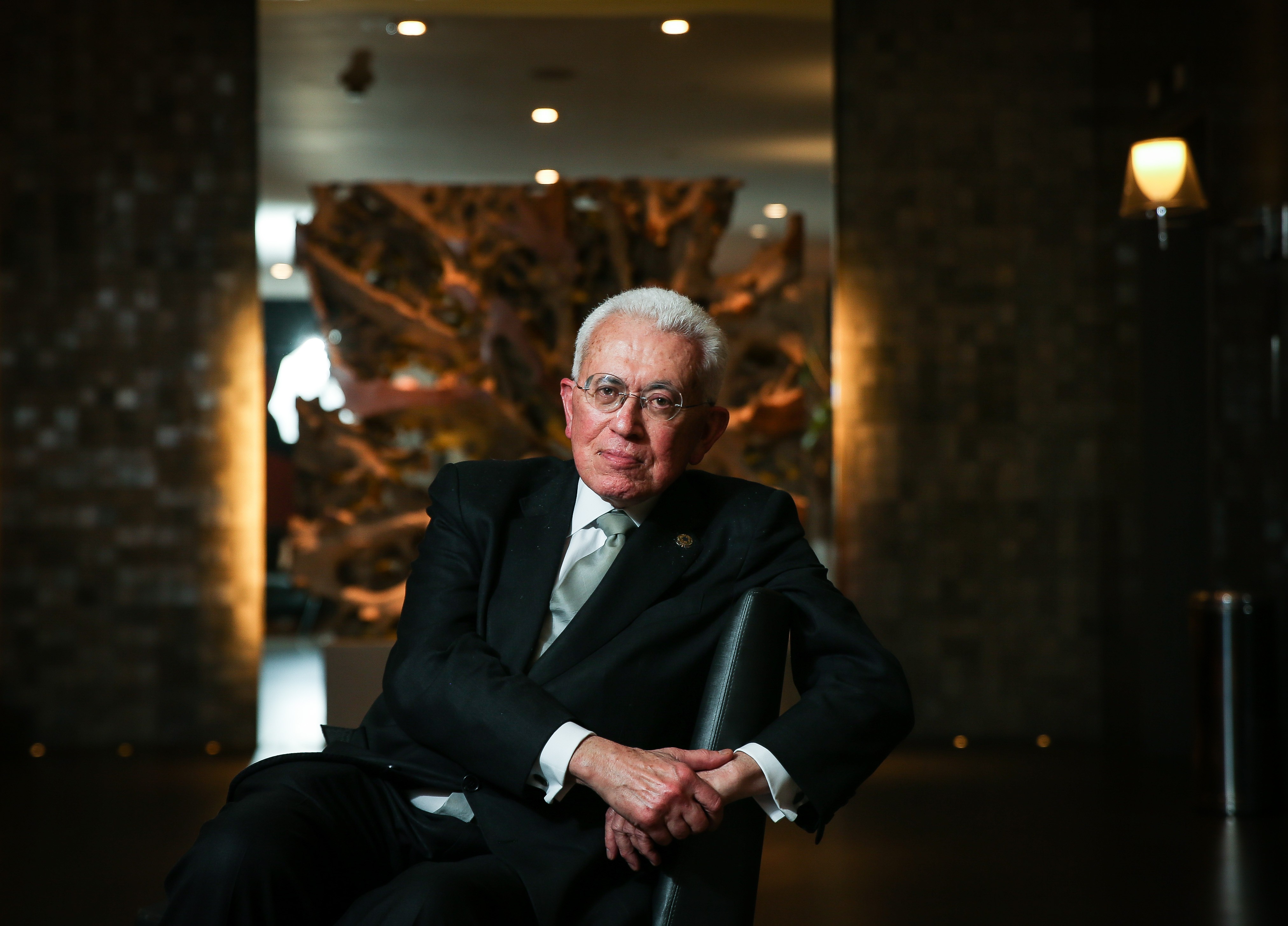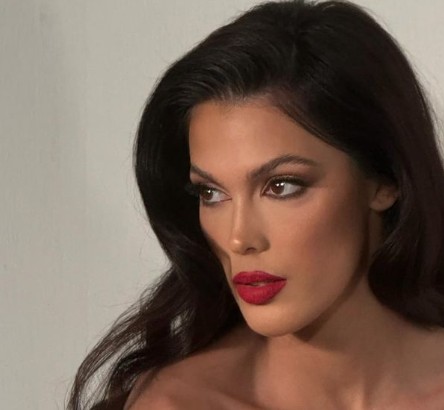Milei at the G20: fiery speech, but actions tempered by fear of isolation
Argentina's president criticizes Brazil's G20 proposals but ultimately signs final declaration Senior officials from the Argentine government informed counterparts in President Luiz Inácio Lula da Silva's administration days before the G20 summit that President Javier Milei had "red lines" he could not cross when signing the summit's declaration. One of Milei's primary concerns was the United Nations' 2030 Agenda. With this warning, representatives from the Lula government and other G20 nations anticipated a completely disruptive Milei at the Rio summit. To everyone's surprise, the Argentine leader was defiant in his speeches but ultimately conceded during negotiations, affirming he would not obstruct the G20 from issuing a presidential declaration. G20 Social: Final statement advocates taxing the ultra-wealthy and condemns far-right misinformation Fun in Rio: 20 paired activities for the G20 holiday weekend in Rio de Janeiro What changed along the way? The question lingers. Two countries appear to have influenced the Argentine president's stance: China and France. Argentine President Milei met with both leaders, Xi Jinping and Emmanuel Macron, before and during the summit (the meeting with Xi is scheduled for Tuesday). Macron visited Buenos Aires before traveling to Brazil, as acknowledged by French sources, with the clear intention of trying to "tame the Argentine beast" before the presidential meeting in Rio. In other words, to align Milei with G20 consensus and prevent his isolation at the summit. The warm exchanges between the two leaders—contrast to the coolness between Milei and Lula—suggested some rapport. It remains unclear how much of a positive influence Macron had on Milei. However, the fact is that the Argentine president arrived in Rio calmer than expected. Regarding China, the scenario is different. Milei has been seeking closer ties with the nation, the only one to provide financial assistance to Argentina in 2024. The Casa Rosada requested a meeting between Milei and Xi Jinping in Rio. The Argentine president aims to deepen economic relations with China, a move that, according to Argentine sources, was "negotiated" with U.S. President-elect Donald Trump. As part of this "negotiation," Milei decided to postpone a trip to China initially planned for January 2025, coinciding with a meeting between the Community of Latin American and Caribbean States (CELAC) and the Chinese government. China is a significant ally of Brazil under Lula, and this relationship heavily influenced Milei's decision not to boycott the presidential summit led by Lula. Photos: Lula smiles with all leaders except Milei In a report from La Nación, journalist Maia Jastreblansky, who covered the summit, stated that “in practice, the president maintained his defiance in speeches but avoided global isolation.” Indeed, Milei's speeches met expectations. He told fellow G20 countries not to count on Argentina for global governance reform, disagreed with terms like “disinformation” and “hate speech,” criticized the UN's 2030 Agenda for "infringing on freedom and property rights," questioned taxes on the ultra-rich for "implying unequal treatment before the law," and opposed gender issues because “Argentina does not support any form of positive discrimination.” Milei's rhetorical display and critiques of the Rio document, Brazilian government sources said, "are not keeping Lula up at night." According to an official source, “Milei's Argentina will be a footnote at the Rio summit.” The Brazilian government was prepared for Argentina potentially not signing the presidential declaration, thus Milei's aired dissent was even considered good news. However, the cold and brief handshake between Lula and Milei reflected one of the lowest points in bilateral relations. Argentine analysts are already speculating about the country's potential exit from Mercosur—a scenario still distant but not dismissible given recent developments. Milei's climate change denial is a significant barrier to an agreement with the European Union, and his intention to negotiate a bilateral free trade agreement with the United States post-Trump's inauguration in January 2025 could trigger a terminal crisis in Argentina's relationship with its bloc partners. Milei's visit to Rio, Argentine sources admit, was to convey the positions of the global far-right. Trump's victory in the U.S. election has shifted the dynamics and threatens future relations with Brazil and much of the region. Diplomats from both countries are working to prevent the bilateral relationship from descending into a terminal crisis. However, scenes at the Museum of Modern Art confirmed the challenge will be immense. Milei will adopt Trump's international agenda, which is entirely antagonistic to Lula's in all aspects. The coming months will be crucial in determining whether, in this context, the relationship between Brazil and Argentina, at least at the state level, can be maintained. The trans
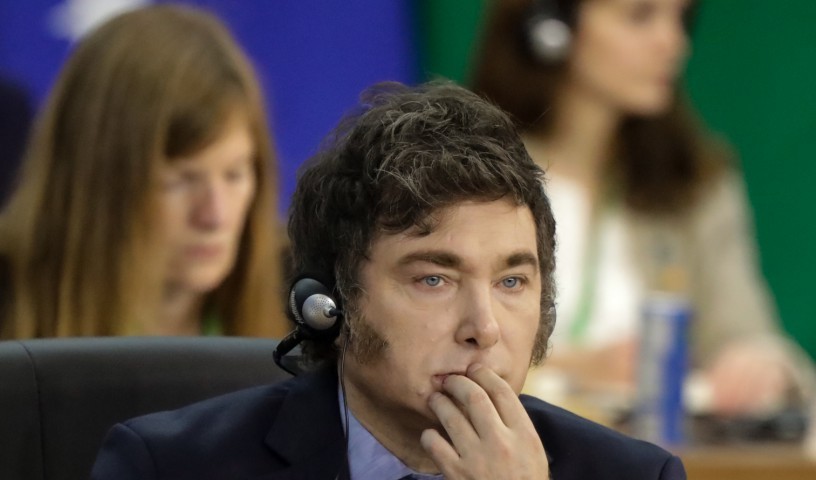

Argentina's president criticizes Brazil's G20 proposals but ultimately signs final declaration Senior officials from the Argentine government informed counterparts in President Luiz Inácio Lula da Silva's administration days before the G20 summit that President Javier Milei had "red lines" he could not cross when signing the summit's declaration. One of Milei's primary concerns was the United Nations' 2030 Agenda. With this warning, representatives from the Lula government and other G20 nations anticipated a completely disruptive Milei at the Rio summit. To everyone's surprise, the Argentine leader was defiant in his speeches but ultimately conceded during negotiations, affirming he would not obstruct the G20 from issuing a presidential declaration. G20 Social: Final statement advocates taxing the ultra-wealthy and condemns far-right misinformation Fun in Rio: 20 paired activities for the G20 holiday weekend in Rio de Janeiro What changed along the way? The question lingers. Two countries appear to have influenced the Argentine president's stance: China and France. Argentine President Milei met with both leaders, Xi Jinping and Emmanuel Macron, before and during the summit (the meeting with Xi is scheduled for Tuesday). Macron visited Buenos Aires before traveling to Brazil, as acknowledged by French sources, with the clear intention of trying to "tame the Argentine beast" before the presidential meeting in Rio. In other words, to align Milei with G20 consensus and prevent his isolation at the summit. The warm exchanges between the two leaders—contrast to the coolness between Milei and Lula—suggested some rapport. It remains unclear how much of a positive influence Macron had on Milei. However, the fact is that the Argentine president arrived in Rio calmer than expected. Regarding China, the scenario is different. Milei has been seeking closer ties with the nation, the only one to provide financial assistance to Argentina in 2024. The Casa Rosada requested a meeting between Milei and Xi Jinping in Rio. The Argentine president aims to deepen economic relations with China, a move that, according to Argentine sources, was "negotiated" with U.S. President-elect Donald Trump. As part of this "negotiation," Milei decided to postpone a trip to China initially planned for January 2025, coinciding with a meeting between the Community of Latin American and Caribbean States (CELAC) and the Chinese government. China is a significant ally of Brazil under Lula, and this relationship heavily influenced Milei's decision not to boycott the presidential summit led by Lula. Photos: Lula smiles with all leaders except Milei In a report from La Nación, journalist Maia Jastreblansky, who covered the summit, stated that “in practice, the president maintained his defiance in speeches but avoided global isolation.” Indeed, Milei's speeches met expectations. He told fellow G20 countries not to count on Argentina for global governance reform, disagreed with terms like “disinformation” and “hate speech,” criticized the UN's 2030 Agenda for "infringing on freedom and property rights," questioned taxes on the ultra-rich for "implying unequal treatment before the law," and opposed gender issues because “Argentina does not support any form of positive discrimination.” Milei's rhetorical display and critiques of the Rio document, Brazilian government sources said, "are not keeping Lula up at night." According to an official source, “Milei's Argentina will be a footnote at the Rio summit.” The Brazilian government was prepared for Argentina potentially not signing the presidential declaration, thus Milei's aired dissent was even considered good news. However, the cold and brief handshake between Lula and Milei reflected one of the lowest points in bilateral relations. Argentine analysts are already speculating about the country's potential exit from Mercosur—a scenario still distant but not dismissible given recent developments. Milei's climate change denial is a significant barrier to an agreement with the European Union, and his intention to negotiate a bilateral free trade agreement with the United States post-Trump's inauguration in January 2025 could trigger a terminal crisis in Argentina's relationship with its bloc partners. Milei's visit to Rio, Argentine sources admit, was to convey the positions of the global far-right. Trump's victory in the U.S. election has shifted the dynamics and threatens future relations with Brazil and much of the region. Diplomats from both countries are working to prevent the bilateral relationship from descending into a terminal crisis. However, scenes at the Museum of Modern Art confirmed the challenge will be immense. Milei will adopt Trump's international agenda, which is entirely antagonistic to Lula's in all aspects. The coming months will be crucial in determining whether, in this context, the relationship between Brazil and Argentina, at least at the state level, can be maintained. The translation of this text into english was carried out by Project Irineu, O GLOBO's initiative to develop artificial intelligence tools. Here is the link to the original report.
Qual é a sua reação?







